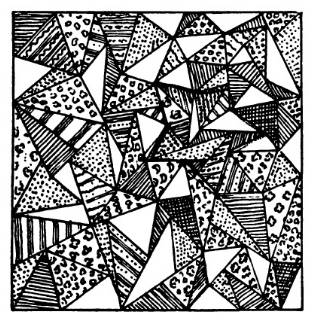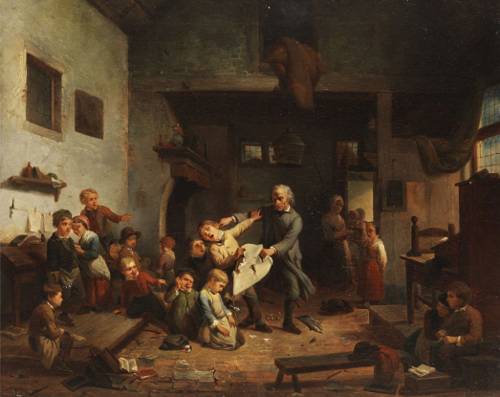In 1771, two heirs, a Mr. Pigot and a Mr. Codrington, made a wager as to whose father would die first. A friend computed the odds based on each father’s age, and when Codrington objected that these were unfair, the Earl of March agreed to stand in his place. They agreed that Pigot would pay March 500 guineas if his own father died before Sir William Codrington, and March would pay Pigot 1,600 guineas if Codrington died first.
Unfortunately, old Pigot was already dead — he had died at 2 a.m. that very morning. On learning this, his son refused to pay the wager, contending that the contract was void, “for there was no possibility of the defendant’s winning, his father being then actually dead, and therefore he ought not to lose.” But March sued him and won.
“It was sneakingly mean and inconsiderate in the old man to die in this underhand way, and thus subject his son, the companion of young noblemen, to the mortification of having bet against a dead certainty,” writes Irving Browne in Humorous Phases of the Law (1876). “But it was what you might expect of old Pigot, for the record does not show that he was of noble blood, and so we infer he was plebeian, and knew no better.”



